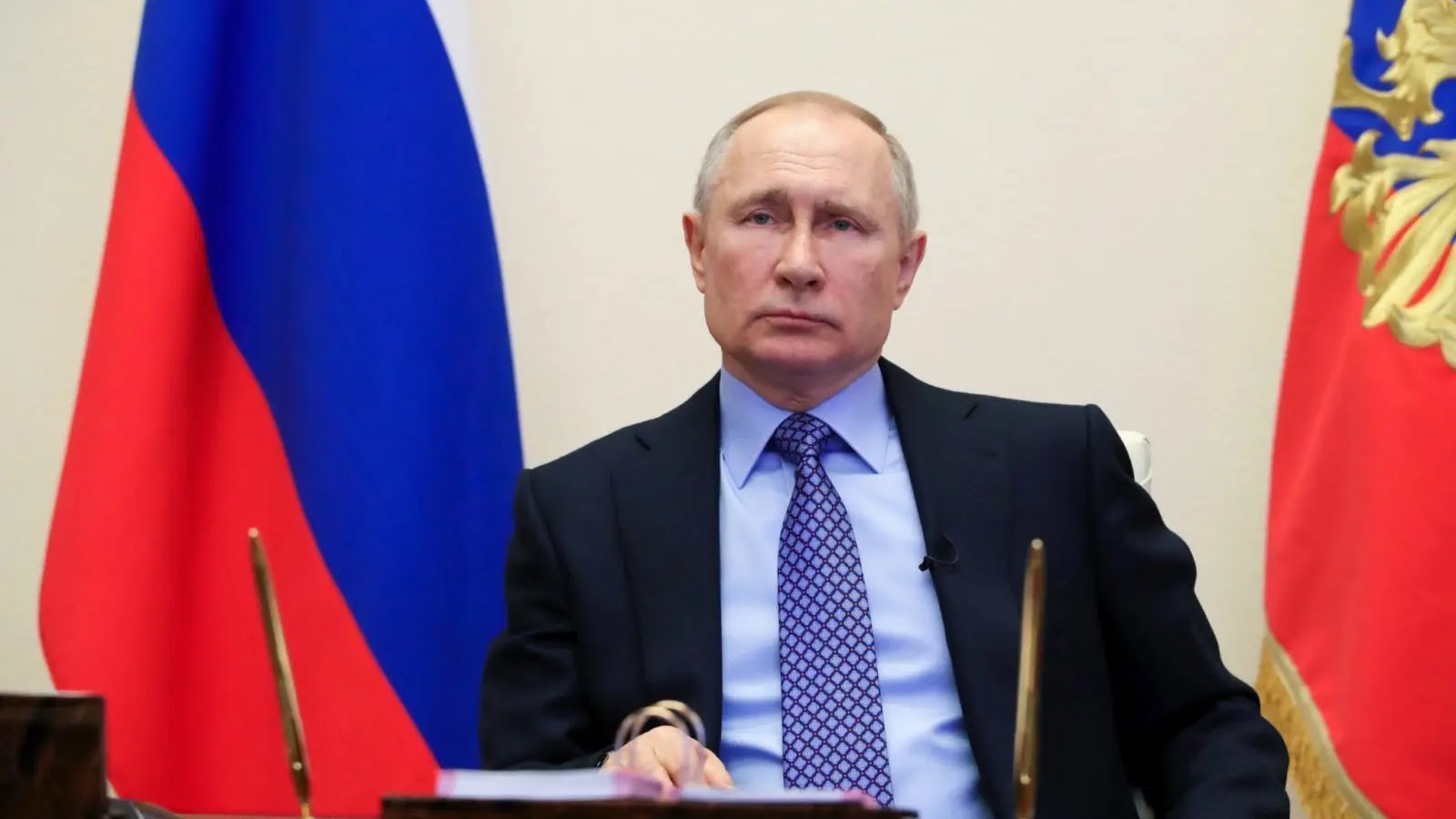Are economic sanctions a successful way in international politics? (Russia and Ukraine)
The United States has imposed sanctions on many countries, but sanctions only work if all countries adhere to them
Less than 24 hours after Russia deployed military forces to eastern Ukraine, the West has sent a clear message that Moscow's aggression will not go unanswered, but that it may keep it for later.
According to CNN Business, Germany halted certification of the Nord Stream 2 pipeline on Tuesday, in the strongest move yet taken to impose economic and financial sanctions on Russia, since President Vladimir Putin recognized the independence of the Lugansk and Donetsk republics from eastern Ukraine and ordered his troops to enter the territory. Separatism, what raises questions about the political feasibility of imposing economic sanctions and their impact?
Are economic sanctions feasible?
Professor of International Relations at Oxford University, Adam Roberts, says to the same source: “There are very few cases in which you can say that sanctions have been successful, such as the sanctions imposed on the white minority in Rhodesia that led to the rule of the black majority, in addition to the sanctions imposed on the white minority in Rhodesia that led to the rule of the black majority. Against South Africa, which was one of the factors contributing to the change.”
In July 2010, President Barack Obama signed a series of tougher bilateral sanctions against Iran, with the intent of turning the tables on Tehran and strengthening existing United Nations Security Council sanctions, in the hope that Tehran would halt its nuclear activities and uranium enrichment programme. It produces memorable results.
Why do powerful governments resort to sanctions?
Veteran diplomat Sir Jeremy Greenstock, Britain's ambassador to the United Nations from 1998 to 2003, explains to the BBC in a report published in July 2020, that the main reason for the popularity of sanctions is that it is a compromise between words and military action if you want to put pressure on a government, especially since action The military is unpopular.
According to the diplomat who worked in the Oval Office during the era of former US President George W. Bush, Nicholas Burns, “For sanctions to be useful, all countries must abide by them, but with regard to Iran, this does not happen, because many countries ignore sanctions such as China".
Effects of economic sanctions in the case of Iraq
Air attacks in the US-led war to liberate Kuwait hit Iraq's infrastructure hard, and the United States imposed sanctions on Baghdad that prevented it from exporting and importing, but according to Professor John Gordon's study, extracts from which were published by the Brookings website, "the sanctions have exacerbated the already difficult situation, to the point that The effects were devastating.”
He says: “Baghdad had the wealth needed to rebuild, but the destruction of the infrastructure and the almost complete interruption of exports and imports, returned Iraq to a pre-industrial state, which is close to that state after 3 decades of imposing sanctions, and led to the death of many children. As a result of the imposition of sanctions, the number was estimated between 670,000 and 880,000.
Impact of sanctions on the global economy
The Peterson Institute for International Economics indicated, in a paper issued last year, that US exports were less than 15 to 19 billion dollars in 1997, but it would have been greater than that had it not been for the indirect effects of the sanctions, and the decrease in annual US exports to the countries targeted by the sanctions continued. Like Iran, Libya and Iraq, but in the absence of sanctions, exports would normally have risen as their income levels increased.
In an interview with National Public Radio, Daniel Drezner, professor of international politics at the Fletcher School of Law and Diplomacy at Tufts University, says that imposing sanctions on a specific product, such as oil, gives the black market an opportunity to thrive, and therefore, sanctions will not have an impact on the oil-exporting country, because it will sell Its oil is for those who need it anyway, and therefore this oil does not benefit the global economic cycle, whether it is crude oil or cash flow.
The feasibility of sanctions against Russia
Former Assistant Secretary of State for European and Eurasian Affairs Victoria Nuland told Voice of America in February that a rethink should be made as to whether economic sanctions would be effective in the case of Russia, especially since they were not as effective as we had hoped for in the case of Iran.
US officials told the same source that US President Joe Biden intends to review the sanctions already imposed on Russia, with the aim of re-adjusting the sanctions to increase their immediate impact, as part of an attempt to formulate a more violent Western strategy towards Russia, combining military, economic, energy, diplomatic and communications policies, but not from It is clear whether there was an actual review that took place.
Russian reactions
For the Russian citizen, US actions could mean rising food and clothing prices, or severely devaluing pensions and savings accounts due to the collapse of the ruble or Russian markets.
The former first deputy head of the Russian Central Bank and former head of Merrill Lynch Russia, Sergei Aleksachenko, said that imposing sanctions would be a disaster for the domestic financial market, noting that the ruble had already fallen more than 10% of its value in October against the dollar, amid increasing talk of Western sanctions.
In a sign of the growing seriousness, officials from the National Security Council spoke with executives from some of the largest banks on Wall Street, including Goldman Sachs, Citigroup, JPMorgan Chase and Bank of America, about the stability of the global financial system in the United States, after possible sanctions. The European Central Bank warned banks lending to Russia of the risks if Washington imposed sanctions and asked about the size of their loans.
Short link: https://royahnews.com/?p=1066679



